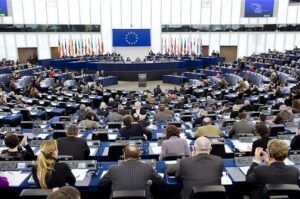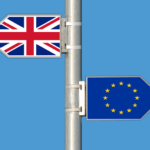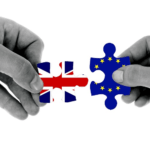The distribution of seats in the European Parliament has been modified following the UK’s withdrawal from the EU.
From 1 February, the Parliament counts 705 seats compared with 751 (the maximum allowed under the EU treaties) before the UK’s withdrawal from the EU on 31 January 2020.
Twenty-seven of the UK’s 73 seats have been redistributed to other countries, while the remaining 46 seats will be kept in reserve for potential future enlargements. In line with the electoral act of 1976, EU countries have to notify the names to the European Parliament before the mandates can officially commence.
Distribution of seats
The redistribution of seats ensures that no EU country lost any seats, while some gained from one to five seats to redress underrepresentation in light of demographic changes.
The seat distribution takes into account the population of member states and follows the principle of degressive proportionality. That means that countries that are smaller in terms of population should have fewer MEPs than bigger countries. At the same time, MEPs from larger countries should represent more people than MEPs from smaller countries. In this way, smaller countries have a relatively stronger presence in Parliament.






Leave a Reply